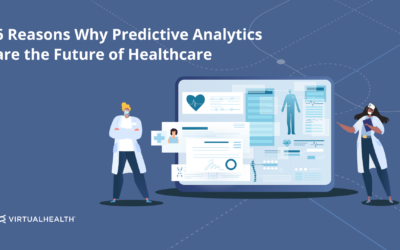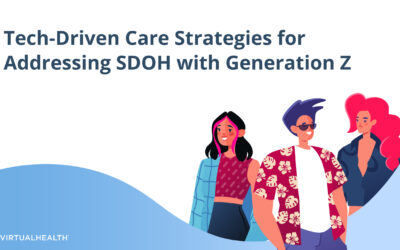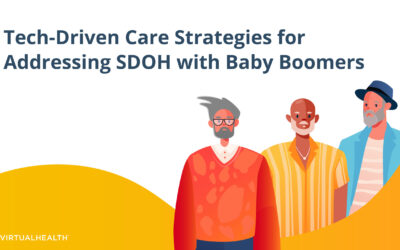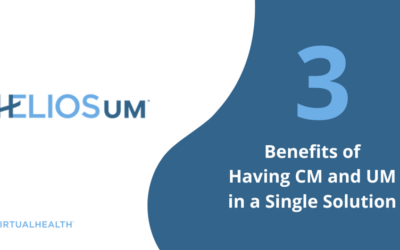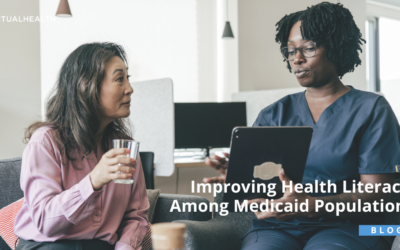The worst of COVID-19 may be retreating into the rearview, but the pandemic’s effect on general population health lingers. Whether it was limited access to care, fear of exposure, or tangential factors like lack of childcare, people of all ages and socioeconomic...
Blogs
How Can You Meet Healthcare Expectations of Millennials?
This post is the final post in a five-part series highlighting top insights from our white paper, Personalized Value-Based Care: Effective Multi-Generational Care Management Strategies. It’s true that meeting the health needs of individuals across generations is...
6 Reasons Why Predictive Analytics are the Future of Healthcare
Healthcare powered by predictive analytics is transforming the healthcare space. From enabling more accurate and proactive care delivery and better patient outcomes to streamlining provider processes and workflows. And with continued advances in machine learning, and...
How Can You Engage Generation Z in Healthcare?
This is the final post in a five-part series highlighting top insights from our white paper, Personalized Value-Based Care: Effective Multi-Generational Care Management Strategies. It’s true that meeting the health needs of individuals across generations is partly...
How Can You Deliver Value-Based Care that Engages Baby Boomers?
This post is part of a five-part series highlighting top insights from our white paper, Personalized Value-Based Care: Effective Multi-Generational Care Management Strategies. It’s true that meeting the health needs of individuals across generations is partly about...
Integrated Telehealth Tool Makes Value-Based Care Virtual Care Management Easy for Payviders
Virtual care has been a healthcare trend since the early days of the COVID-19 pandemic, but for 2023 it is now about how organizations continue to mature their telehealth offerings to members. More and more payers have been adding or expanding their telehealth and...
Three Benefits to Having Care Management and Utilization Management Software on a Single Platform
In theory, utilization management (UM) should reduce the overall cost of care while improving outcomes for health plan members. But for many payers and providers using homegrown solutions and outdated, siloed platforms, the reality is much different. Without the...
How Can We Improve Health Literacy among Medicaid Populations?
Inadequate health literacy affects nearly 36% of the adult U.S. population and is found in disproportionately higher rates among Medicaid-eligible populations, according to the Center for Health Care Strategies. In fact, one study estimates that more than 25% of...
Why Should Care Managers Prioritize Health Education?
At age 67, Joe has type 2 diabetes, hypertension, and obesity. In the past month, Joe’s son has had to call 911 twice when he found himself experiencing an insulin reaction and severe hypoglycemia. During a recent telehealth visit with Joe’s care manager, Vanessa,...
How Can HELIOS Advance Care Coordination and Collaboration?
Effective care coordination is a critical pillar of value-based care. And as more healthcare payers adopt value-based care models, optimizing care coordination and collaboration for diverse populations will be key. This is especially true for Medicare and Medicaid...



